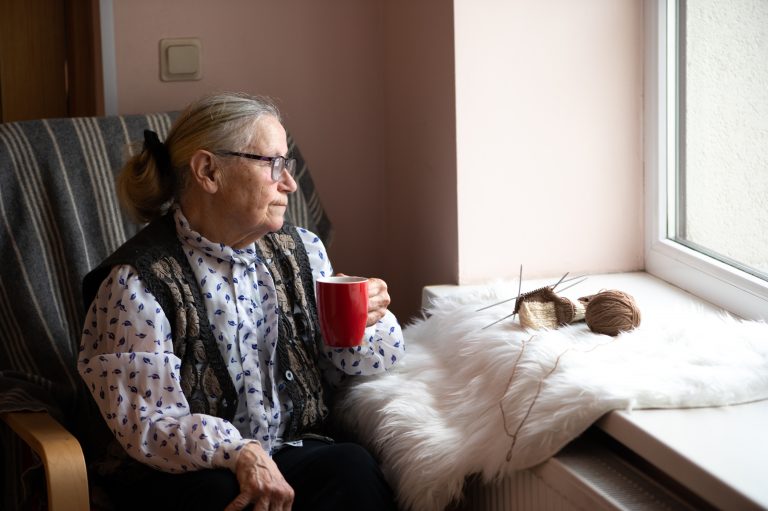Since every Statement of Advice is unique to the client, we don’t charge one fixed fee. Our SOA fee starts at $2,950 for simple advice, and increases from there depending on the complexity of your situation and the areas of advice you’d like us to cover.
We’ll calculate the fee and check you’re happy to proceed before providing any advice.
If your advice includes a product recommendation (such as superannuation or pensions) we may be able to deduct the SOA fee from your account. Otherwise, we can provide an invoice when we present your SOA.
Financial planning is about adapting your financial strategies over the years to match your changing needs. We typically take you through 6 steps, but sometimes we may focus on one issue or just a few parts of the process to achieve your goals.
LISTEN
Step 1: We meet to get a complete picture of your financial situation.
Step 2: Identify your financial and lifestyle goals.
RESPOND
Step 3: Identify your financial issues and any gaps, to make sure you get to where you want to go.
Step 4: Prepare your financial plan, bringing together your situation, goals and our recommended strategies.
DELIVER
Step 5: Implement your financial plan and get your investments up and running.
Step 6: Review and revise your plan over time.


